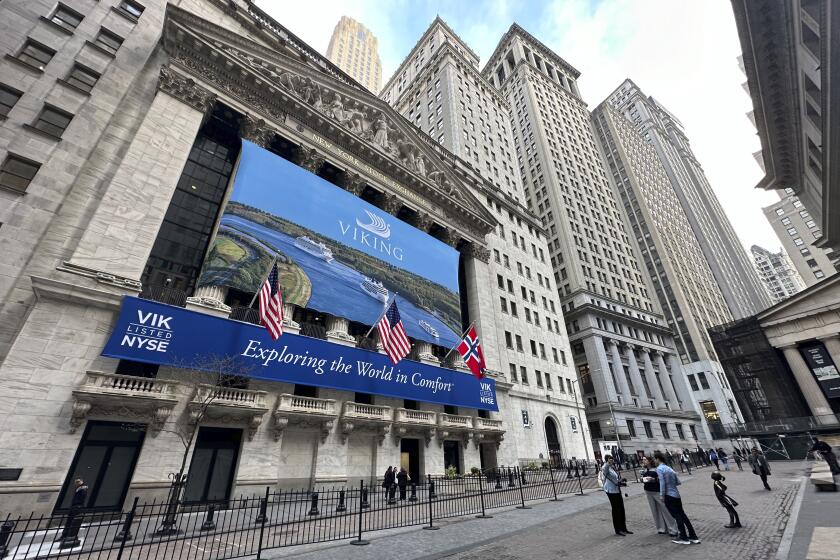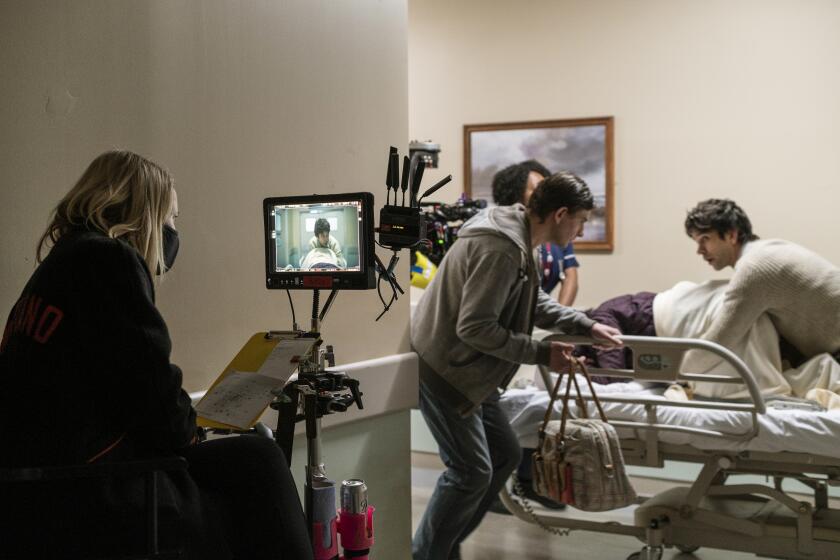Eateries Agree to Mercury Warnings
More than a dozen restaurant companies, including Cheesecake Factory Inc. and P.F. Chang’s China Bistro Inc., have settled a lawsuit with the state attorney general by agreeing to warn their California customers of potential mercury exposure from fish, officials said Friday.
The agreement, approved Friday by San Francisco County Superior Court Judge Richard Kramer, is expected to result in warnings being posted in more than 400 restaurants operated by 15 companies named in the lawsuit, which Atty. Gen. Bill Lockyer filed in April 2003.
“The food industry has resisted providing adequate warnings of mercury dangers in their products,” Lockyer said. “This is the first breakthrough that will allow consumers to better understand the risks associated” with mercury in fish, particularly for pregnant women and children.
Lockyer accused the companies of violating Proposition 65, the voter-approved measure that is supposed to alert the public to the presence of substances “known to the state to cause cancer, birth defects or other reproductive harm.”
Thirteen of the restaurant chains have agreed to post detailed, eye-level warnings near a restaurant’s entry about mercury in fish, including a notice that pregnant women and young children should not eat swordfish, shark, mackerel and tile- fish.
The chains include Landry’s Restaurants, owner of Joe’s Crab Shack; Benihana Inc.; Outback Steakhouse Inc.; Brinker International Inc.’s Chili’s Grill & Bar; Claim Jumper Restaurants; and McCormick & Schmick’s Seafood Restaurants Inc.
Two other companies, Morton’s Restaurant Group Inc. and Metromedia Restaurant Group, which owns Bennigan’s, have opted to post generic warnings that known carcinogens or reproductive toxins may be present in food or beverages sold in the restaurant, Lockyer said.
The 15 companies also will pay a total of $132,287 in civil penalties and the same amount for compliance costs and programs to educate consumers about mercury in fish.
Lockyer said his office targeted restaurants that sold significant quantities of fish that were likely to have high quantities of mercury. A spokesman for Lockyer said the attorney general’s office planned to work with other major chains to persuade them to post similar warnings.
Claim Jumper spokesman Larry Bill said his company, which occasionally offers fresh fish dishes including tuna, would post the new warnings required by the settlement.
“We certainly want our customers to be well-advised and always make informed decisions,” Bill said.
The restaurant industry’s leading trade group is concerned about the effect the settlement could have on seafood consumption.
“We hope these postings do not discourage people from eating fish entirely,” said Anna-Marie Stouder, senior legislative director for the California Restaurant Assn.
One environmental group said the settlement could persuade consumers to make healthy choices when it comes to eating seafood.
“This is a groundbreaking decision for public health that we hope will spread far beyond California,” said Bill Walker, a vice president with the Environmental Working Group, which specializes in exploring the health effects of contaminants.
Mercury is found naturally in the environment, but it’s also produced by coal-fired power plants and municipal waste-burning facilities. It settles in oceans and rivers and accumulates in predatory fish such as swordfish and shark that are large and long-lived.






